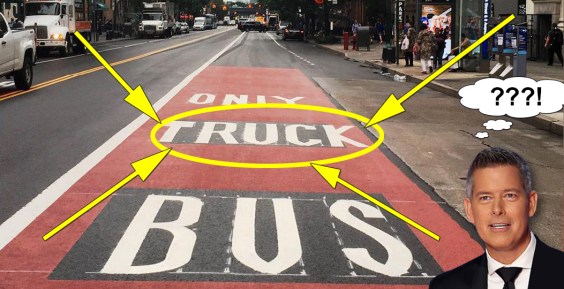The problem with Detroit is almost always framed as one of Rust Belt deindustrialization, namely the decline of the American auto industry. But Detroit has another big problem, one that deserves an equally large share of the blame: sprawl.
The thing is, while the city of Detroit has been hemorrhaging population, the region itself hasn't lost a whole heck of a lot of people. Kaid Benfield at the Natural Resources Defense Council's Switchboard blog points out that since 1970, the Detroit region overall lost about 45,000 people, or a mere 4 percent of its population.
That doesn't change the fact that Detroit proper is in sad shape. While the suburbs grew at an average rate of 27 percent, Detroit has declined from a height of 1.7 million people to about 700,000 today.
But the way we frame the problem is important, especially as more attention than ever is being devoted to helping revitalize the Motor City. For those who promote Detroit's revitalization, the favored tactic is known as "right-sizing." This mainly entails demolishing vacant properties in the central city and developing strategies for reusing vacant land, such as urban agriculture.
That strategy, says Benfield in his latest post, does nothing to address the major cause of continuing population loss in Detroit: migration to the suburbs. He wonders, are Detroiters missing the point?
Shrinking city? Really? What this tells me is that an even bigger problem for Detroit than the decline of the rust-belt economy has been that the fringe of the region has been allowed, more than in most places, to expand, not shrink, and to suck the life and hope out of the inner city. So why aren’t the self-styled progressive responses to “the Detroit problem” addressing this critical aspect of the problem?
Maybe they are, but the only ones I hear and read are about “right-sizing” the inner city - demolishing vacant (and even some occupied) housing, letting vast areas revert to nature or farming, and so forth. Let sprawl, the cause of the problem, be someone else’s issue to address. But, in fact, the areas that are sprawling are where the “right-sizing” most needs to occur.
Under current trends, it’s only going to get more expansive: As of 2004, the region’s planning agency was predicting that, over 30 years, the amount of developed land in metro Detroit is going to expand yet another 36 percent or more. “390,000 more acres bulldozed for progress. The development will continue to be mostly single-family housing, and will require more sewers, more stores and more schools,” wrote Sheryl James of the Detroit Free Press (published on the web site Urban Planet).
In this troubled place even more than in others, Detroit needs a regional approach, not just demolitions in the center.
Elsewhere on the Network today: Reconnecting America reports that Buy American provisions of the stimulus bill are adding a hurdle to streetcar development projects around the country. Decatur Metro shares why some of the suburban lines in Atlanta's transit expansion plan may have to be eliminated. And Portland Transport explains the frustration of trying to express opposition to the Columbia River Crossing project as a member of the public.






